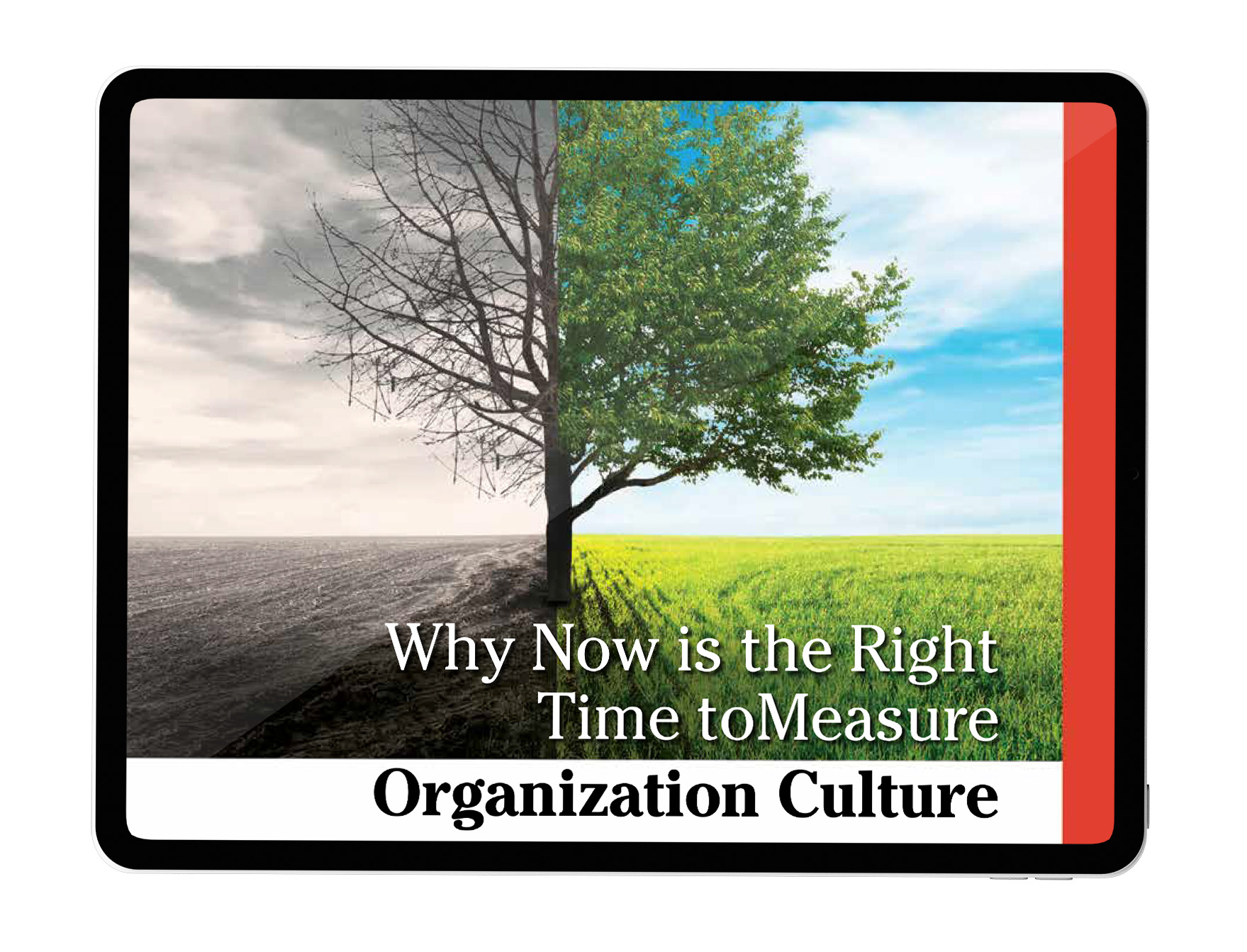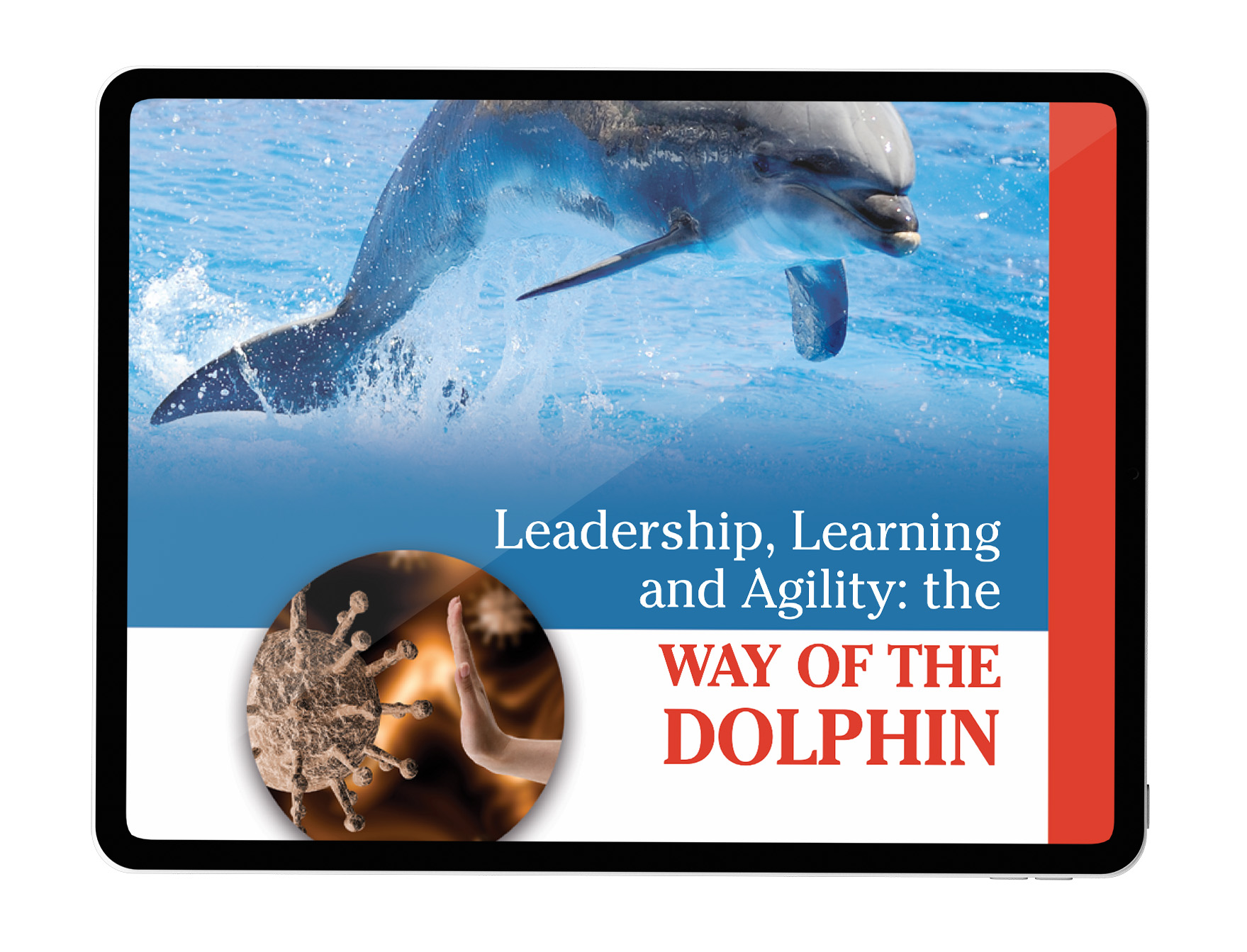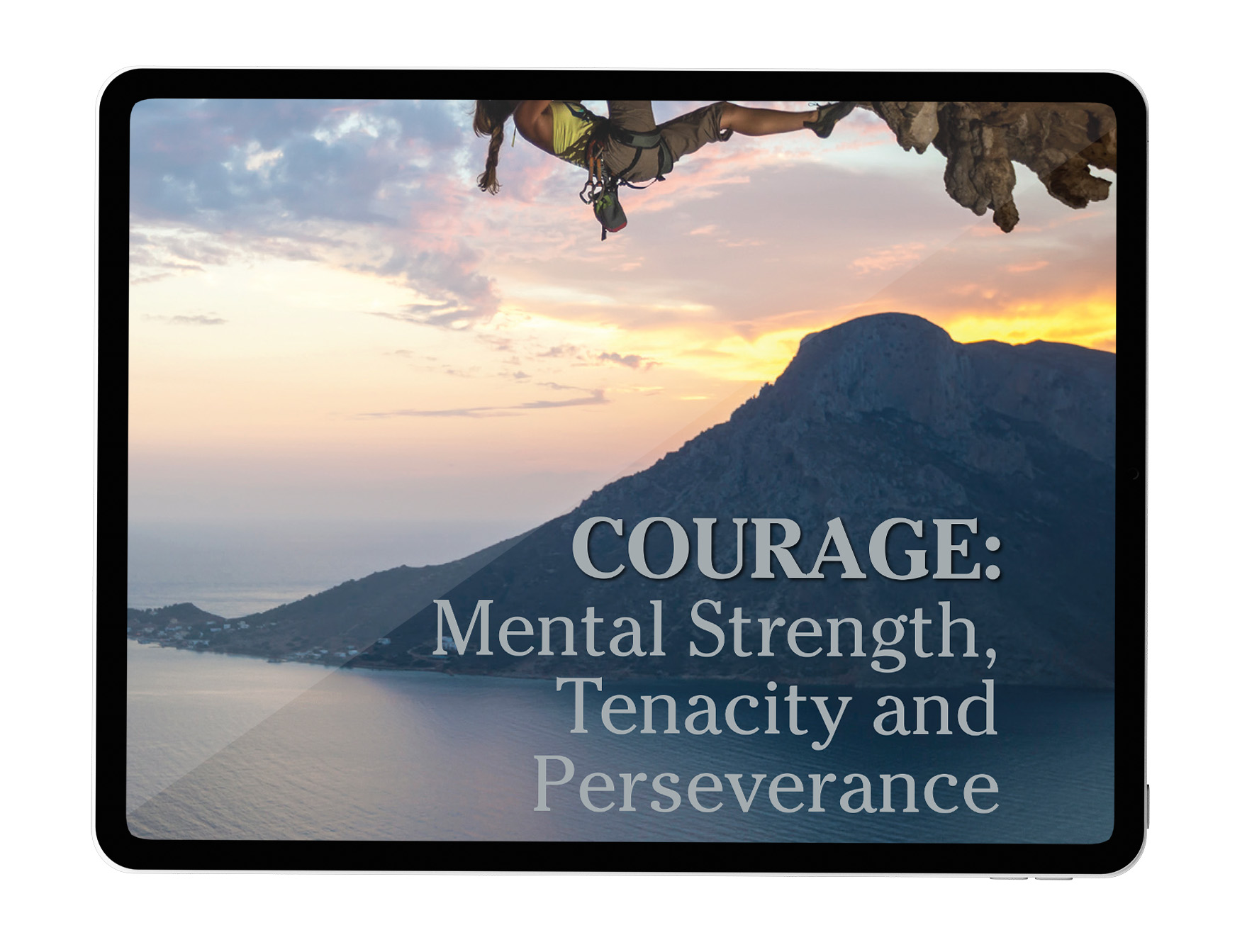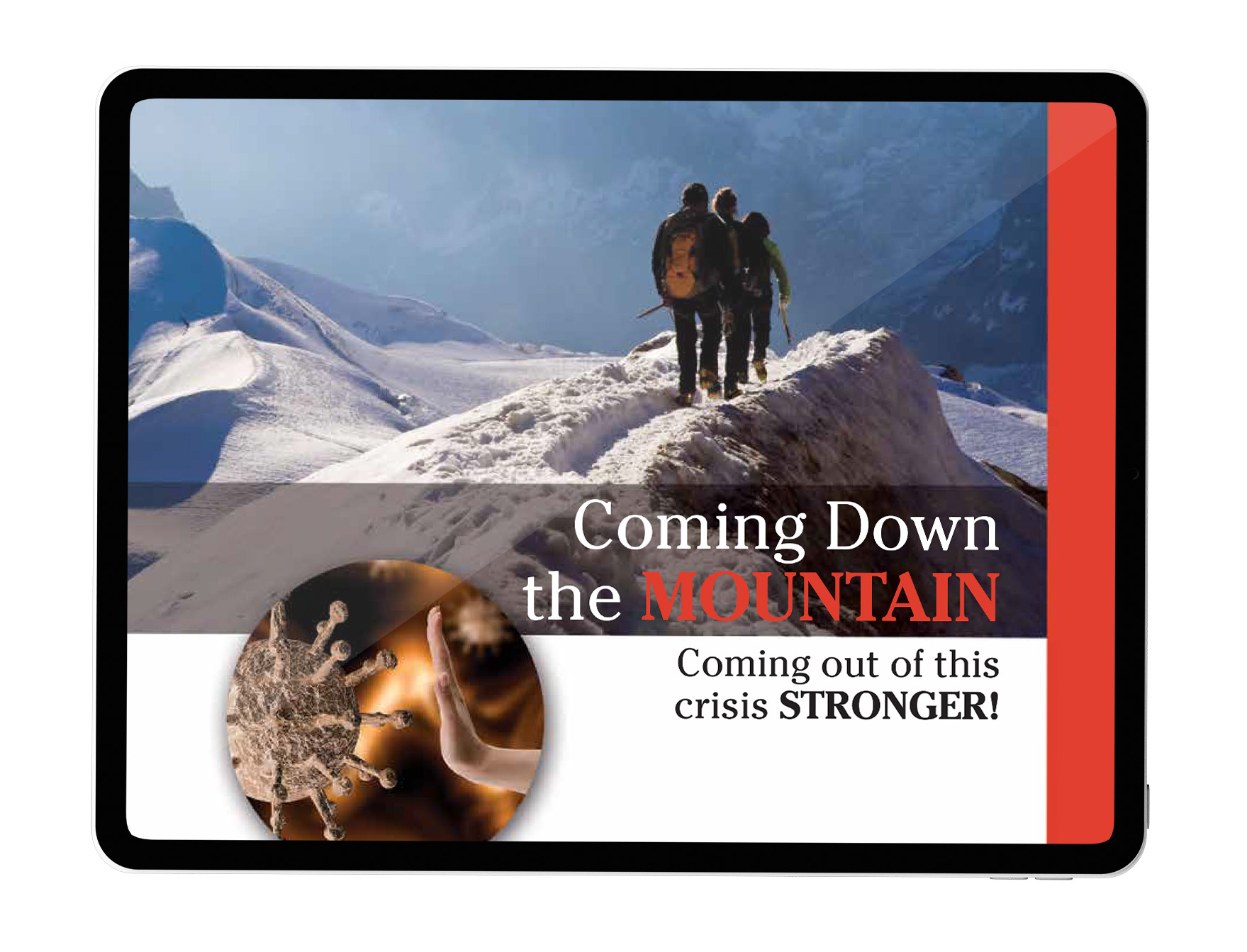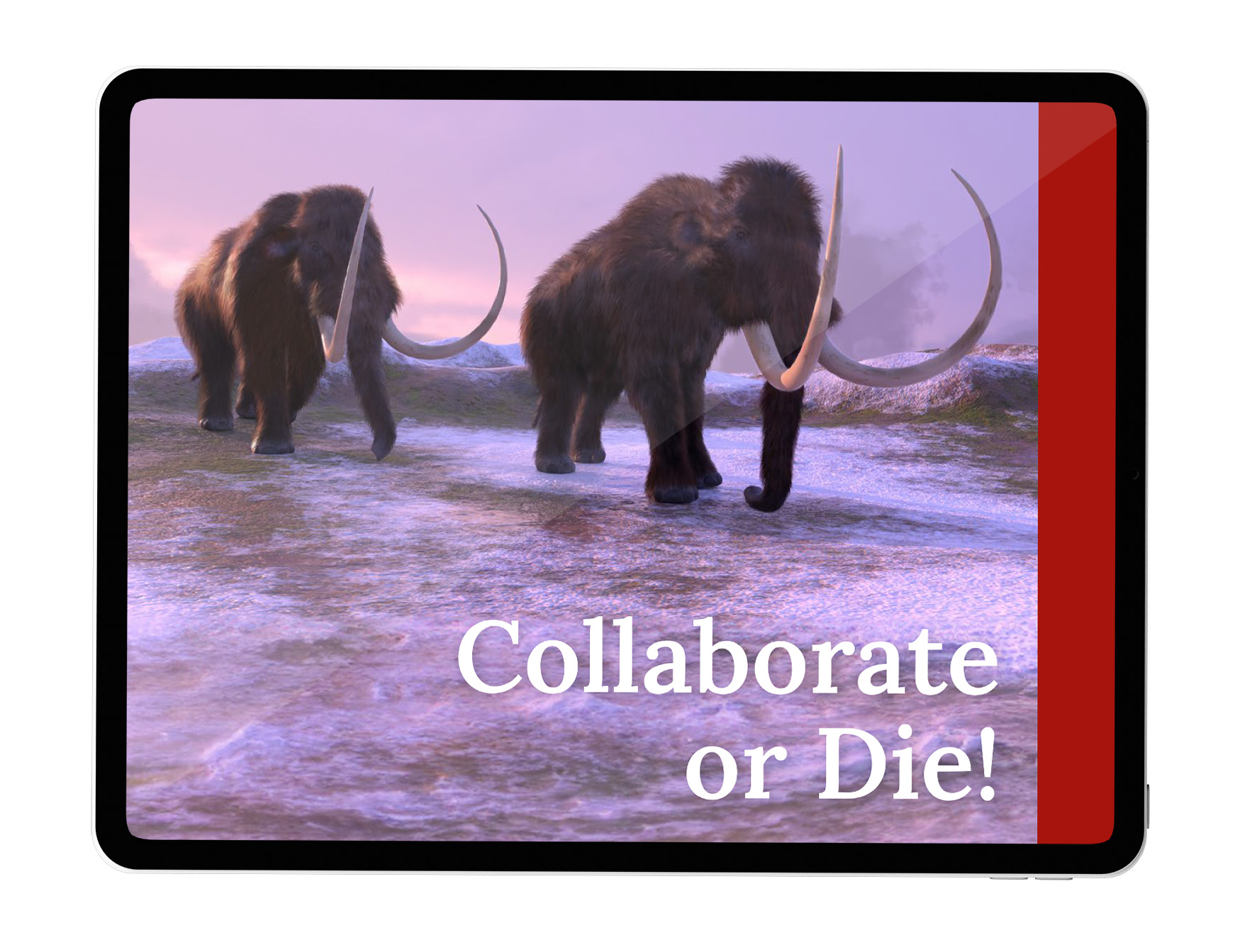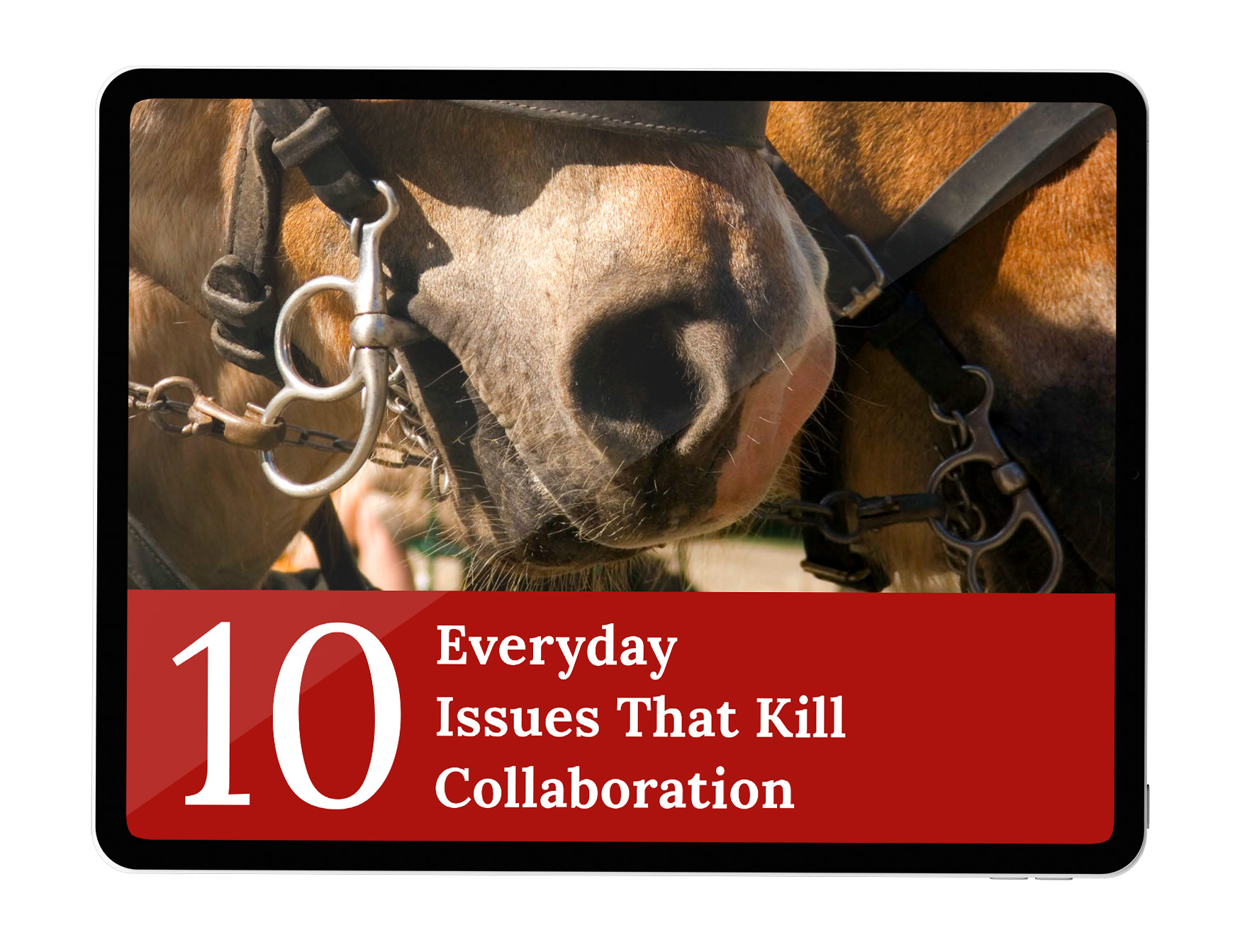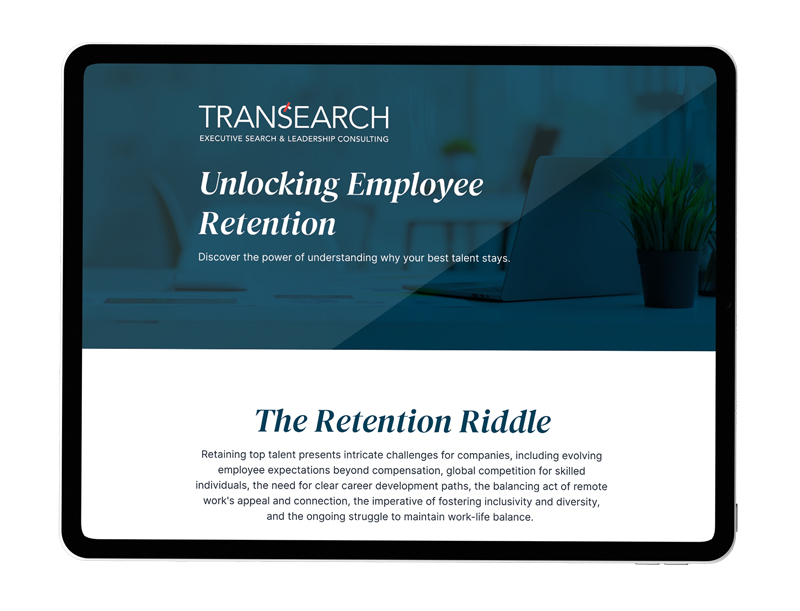My early career was in retail. I quickly moved from the stock room to the sales floor, to the manager’s desk. I was first promoted to management at the ripe old age of 25, and I was woefully unprepared. I knew tactical responsibilities well but had no idea what strategy meant or how to lead a team of 15 part-time associates that ballooned to 30+ during the holiday season. I was a micromanager, a perfectionist who was afraid of failure. If you asked the team about me, they would, “she’s nice and puts customers first, but when she’s stressed, watch out!”
I was in WAY over my head and quickly realized I did not want to pursue a career in retail. I pivoted to recruiting and was promoted to a management role AGAIN! I was once more in a position for which I was not prepared. I was miserable; I hung up my manager hat and settled into individual contributor roles for a couple of decades.
Eventually, I mastered the day-to-day tactical skills, and my strategic thinking and ideation also matured. It was time to lead. All was not perfect, though. A sneaky voice inside my head kept telling me I am not credible or able to lead. We have all heard about imposter syndrome – it seems to be the catch-all explanation for executives and managers who experience anxiety in the workplace. My biggest challenge was handling functions I had never performed. In earlier roles, I could always mute the meanie in my brain by getting into the tactical needs of the day. I refused to ask the team to do anything I couldn’t or didn’t know how to do it.
As it turns out, I am not alone.
Companies traditionally promote high performers without considering how they lead or if they know how. Young managers fail and step back – never to take on higher level assignments again. To paraphrase Brene Brown in “Dare to Lead” – today’s executives must become braver and create courageous cultures.
As a CEO, after three years of leading multidisciplinary teams, I have learned some invaluable lessons that I am pleased to share.
Vulnerability is a strength
First, we must show vulnerability. It is in the conflict that we find compromise and collaboration. Being vulnerable – showing your team that you understand you aren’t the best at everything and need their individual and collective talents, skills and effort – is an act of vulnerability that strengthens the team. By asking for help, you aren’t showing the team you’re weak; rather, you’re proving you are a smart leader because you’re saying, ‘I value your competencies and want to make us all better together by enabling you to apply your full potential.’
Feedback fuels alignment
Adopt a feedback mindset – one where you are open to and welcome feedback and supply healthy and honest feedback to your team. Ask them what you need to learn and what they need from their manager. Remind them they are experts. You are there to ensure alignment and strategy.
Trust and purpose are paramount
Build trust and purpose. This is a principle we often think of personally, but it’s just as relevant professionally. Could you have a successful marriage if you didn’t trust your partner? At work, I have seen that by fostering trust, belonging and collegiality, people’s very best attributes shine through and their productivity excels with it. Each team member has their own unique career goals and aspirations and those need to be developed. But in our setting as an example, where we have a team of people working towards a shared purpose – finding the right executives, for the right roles – by staying laser-focused on that shared objective, the results are realized, time and again.
Create spaces to share big ideas
When we think of visionary CEOs like Apple’s Steve Jobs or YouTube’s Susan Wojcicki, we often attribute their companies’ great achievements to their ideas. But did you know the concept for the first iPod was conceptualized by a team that was an external partner to Apple? Or that Susan Wojcicki’s, frequently credited for the idea of YouTube, in fact built upon a series of several ideas originally conceived by a small team of three working for PayPal. Ideas come from groups of people feeding off each other’s freedom to think creatively and openly. It is our role as leaders of teams to nurture safe, innovative and eclectic spaces where this kind of ideation thrives.
Final thoughts
Am I an expert at what I do? You’d have to ask the team. But what I can say confidently is that teams will respect you if you show them who you really are. They will innovate and create when they are given multiple chances to. And if you build rapport, foster trust and rally the troops towards achieving shared goals, you are leading the way an expert should.























